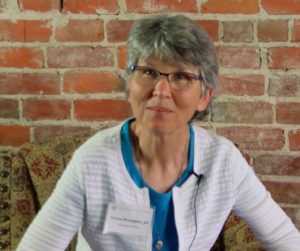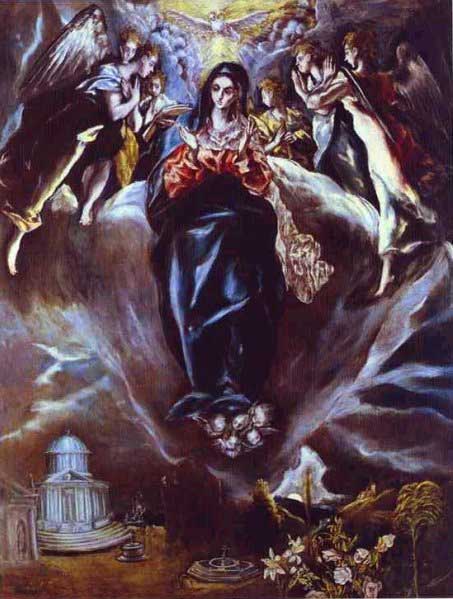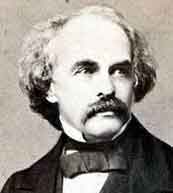Podcast: Play in new window | Download (Duration: 28:58 — 20.0MB) | Embed
Subscribe: Apple Podcasts | Spotify | Amazon Music | Android | Pandora | iHeartRadio | JioSaavn | Podchaser | Gaana | Podcast Index | Email | TuneIn | Deezer | Anghami | RSS | More

Leaving the Desert – Crossing the Desert: Lent and Conversion with Deacon James Keating
In this episode, Deacon James Keating and Kris McGregor explore Lent’s significance, urging introspection and acknowledgment of sin. Deacon Keating highlights society’s loss of this sense, attributing it partly to psychology’s influence.
This reminds us of personal responsibility and freedom in recognizing sin; especially cultural desensitization to sin, emphasizing intentional conscience formation through spiritually grounded fellowship. They advocate for gentle yet firm engagement on moral issues to foster genuine community within parishes.
Discerning Hearts Reflection Questions
- Lenten Self-Reflection: How can you deepen your introspection during Lent to identify areas of sin in your life?
- Responsibility and Freedom: Reflect on how you balance acknowledging external influences with taking personal responsibility for your actions.
- Desensitization to Sin: How can you guard against societal desensitization to sin, especially in media and cultural norms?
- Intentional Conscience Formation: In what ways can you intentionally cultivate a spiritually grounded fellowship to form your conscience?
- Engaging on Moral Issues: How can you engage in conversations about moral issues with both gentleness and firmness, guided by love?
- Fostering Community in Parishes: What steps can you take to foster genuine community within your parish, where faith is shared and nurtured collectively?
 An excerpt from “Crossing the Desert: Lent and Conversion”:
An excerpt from “Crossing the Desert: Lent and Conversion”:
“Celebrating the sacrament of reconciliation is, for many Catholics, a most daunting prospect. This sacrament has been the source of many jokes, composed perhaps by persons seeking to reduce the level of stress they feel regarding one of its main components: naming personal sin.
The naming of one’s own sin to oneself and to a priest is self-revelatory to the point of evoking anxiety. Initially, it can be true that some level of apprehension may accompany this sacrament, but over time with regular celebration of this form of worship, anxiety diminishes. Most positively the sacrament of reconciliation promotes truthful self-knowledge regarding sin in the context of Christ’s saving presence. Once someone experiences both the naming of sin and the reception of God’s mercy in this sacrament, he or she actually begins to celebrate this sacrament and see it as a great gift from Christ and his Church.”
Deacon James Keating, Ph.D., is a professor of Spiritual Theology and serves as a spiritual director at Kenrick Glennon Seminary in St. Louis, MO.

 Novena to Our Lady of Lourdes Day 3
Novena to Our Lady of Lourdes Day 3


 “
“

 A key figure in the development of American literature, Nathaniel Hawthorne was also profoundly influenced by his ancestors and the Christianity that underscored their Puritan heritage. A literary classic, The Scarlet Letter presents a profound meditation on the nature of sin, repentance, and redemption, and how such Christian concepts may be integrated into American democracy.
A key figure in the development of American literature, Nathaniel Hawthorne was also profoundly influenced by his ancestors and the Christianity that underscored their Puritan heritage. A literary classic, The Scarlet Letter presents a profound meditation on the nature of sin, repentance, and redemption, and how such Christian concepts may be integrated into American democracy.


